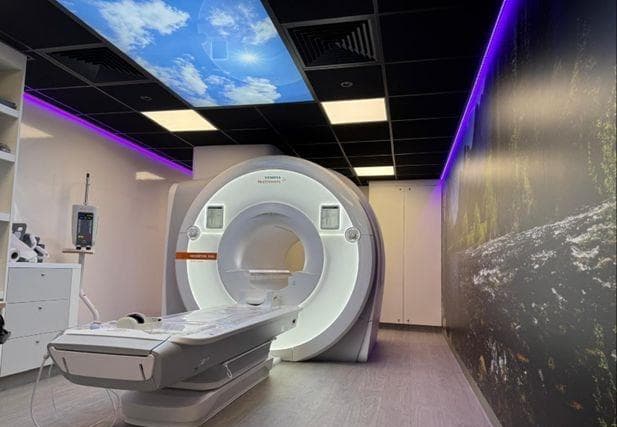Philippine Auto Industry Eyes Rare Earth Recycling: Nissan Leads the Charge with Innovative Tech

Securing the Future: Philippine Interest in Rare Earth Recycling Gains Momentum
The global push for sustainable practices is impacting industries worldwide, and the automotive sector is no exception. With electric vehicles (EVs) rapidly gaining popularity, the demand for rare earth elements (REEs) – crucial components in EV motors and batteries – is skyrocketing. However, the sourcing of these elements often raises environmental and ethical concerns. Recognizing this challenge, Japanese automotive giant Nissan Motor, in collaboration with Waseda University, is pioneering a groundbreaking technology: recycling rare earth metals from scrapped EV motors. This development is generating significant interest within the Philippines, a nation increasingly focused on embracing green technologies and reducing reliance on imported materials.
Why Rare Earth Recycling Matters
Rare earth elements, despite their name, are not particularly rare, but their extraction and processing can be environmentally damaging. Mining operations can lead to habitat destruction, water pollution, and soil contamination. Furthermore, the geographical concentration of REE production, particularly in China, creates geopolitical vulnerabilities and supply chain risks. Recycling REEs from end-of-life products, like EV motors, offers a compelling solution to these challenges. It reduces the need for new mining, minimizes environmental impact, and strengthens supply chain security.
Nissan's Innovative Approach
Nissan's partnership with Waseda University is focused on developing a highly efficient and cost-effective method for extracting REEs from magnets found in EV motors. The technology aims to recover a significant portion of these valuable materials, effectively closing the loop and creating a circular economy for REEs. Details of the specific technology remain proprietary, but the goal is to create a process that's both economically viable and environmentally sound. This includes minimizing waste and energy consumption during the recycling process itself.
Ripple Effects for the Philippine Automotive Landscape
While the technology is currently being developed in Japan, its implications for the Philippines are substantial. As the country explores its own EV adoption strategy and considers local manufacturing of EV components, access to a sustainable supply of REEs will be paramount. Nissan's efforts could pave the way for similar recycling initiatives in the Philippines, potentially creating new industries and jobs. Furthermore, it aligns with the Philippine government’s broader goals of promoting resource efficiency and reducing reliance on imported raw materials.
Challenges and Opportunities
Implementing widespread REE recycling programs faces several challenges. Establishing robust collection systems for end-of-life EVs, developing efficient and scalable recycling facilities, and ensuring the economic competitiveness of recycled REEs are all critical hurdles. However, the opportunities are equally significant. The Philippines can position itself as a regional leader in sustainable automotive practices, attracting investment and expertise in REE recycling technologies. Collaboration between government, industry, and research institutions will be essential to unlock this potential.
Looking Ahead
Nissan's commitment to REE recycling is a testament to the growing importance of sustainability in the automotive industry. The technology’s potential to reduce environmental impact, secure supply chains, and create economic opportunities makes it a development worth watching closely, particularly for countries like the Philippines seeking to embrace a greener future for transportation. The success of this initiative could inspire similar efforts across Southeast Asia and beyond, contributing to a more sustainable and resilient global automotive ecosystem.




